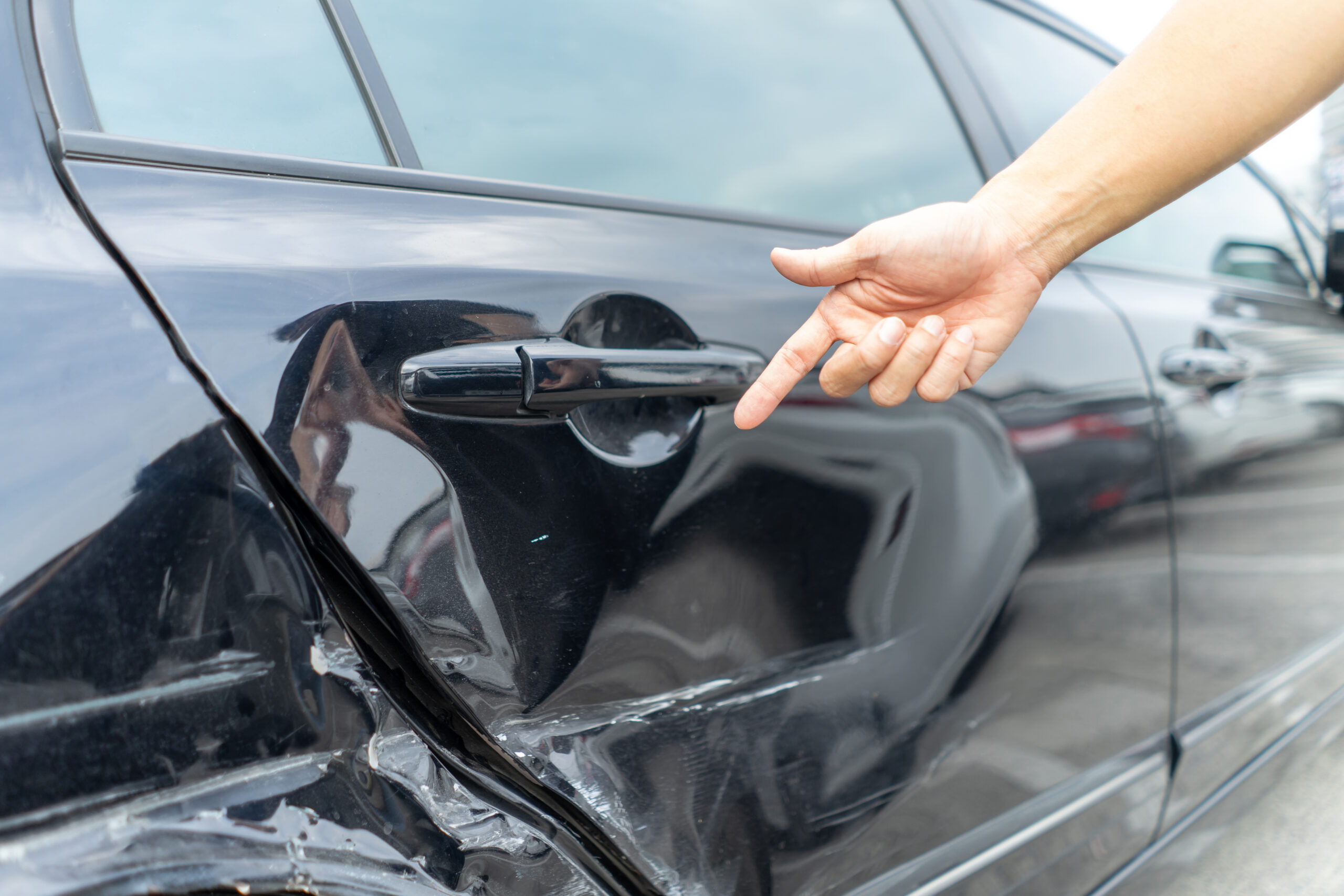What Constitutes A Hit And Run In Florida?

Getting into an accident and then leaving the scene is illegal in Florida, regardless of whether you were the one who caused the crash or not, but many residents (and tourists) are unaware of what constitutes a hit and run in Florida, what the penalties are, and what recourses for victims are. Even if you never plan to hit and run or plan to be involved in a hit and run, it’s important to know this information! About 25% – 1 in 4 – of all crashes in Florida are (unfortunately) hit and run situations.
What’s considered a hit and run in Florida? Parking garages and pets apply!
If someone was involved in an accident (whether or not they were actually the ones who hit the other vehicle/cyclist/motorcyclist/pedestrian/vehicle) and they –
- Didn’t pull over
- Left the scene
- And did not share insurance information with the other party
– then they are guilty of a hit and run under Florida law.
You don’t necessarily have to call the police IF property damage occurred only and the other party agrees to self-file a crash report with the FLHSMV, but in case of injuries, law enforcement should always be called for an official report (and generally this is the wisest course of action anyway, as police officers can document the scene more effectively than you can on your own).
Hit and runs in Florida apply to people as well as property. If you hit a pedestrian, or another car on the road, of course that’s a hit and run if you don’t stop, but if you hit a parked car with no one inside (like in a parking lot or garage), and leave without trying to find the owner or leaving a note with your contact and insurance information, that’s also a hit and run. If you hit a fence or mailbox, and don’t stop to inform the owner, that’s also a hit and run.
Because pets are considered property, if you hit a dog or cat and leave without trying to find their owner or leave a note, that constitutes a hit and run in Florida. If you hit a wild animal – a deer, or an alligator, or a possum – you should notify police about the wounded or deceased animal, as it could pose a hazard to other drivers, and if the damage was over $500, you must file an official report.
What are the penalties?
Hitting and running isn’t only reckless and irresponsible, but it’s also dangerous. One of the main reasons the law requires you to stop is so you can make sure the other parties involved in the crash are okay or get them medical help if needed (and so others can do the same for you).
Florida law takes hit and runs very seriously. If the hit and run involves property damage only, it can be charged as a second-degree misdemeanor, punishable by a $500 fine and 60 days in prison. If the hit and run involves injuries, it can be charged as a second or third-degree felony, punishable by a revoked license (3 years), a $5,000 fine and 5 years in prison. If the hit and run involved a fatality, it can be charged as a first-degree felony, punishable by a revoked license (3 years), a $10,000 fine, and between 4 – 30 years in prison. These penalties assume the driver is found.
What can victims do?
If you are a victim of a hit and run, it can be a really traumatic experience if you were injured. Luckily, you do have options, even if the driver is never found.
Your personal injury protection insurance (PIP), which is required by Florida law for all drivers to carry, can give you coverage for emergency medical expenses (and some non-emergent medical expenses) and lost wages through your own insurance company benefits. If you have purchased uninsured motorist coverage, this can also kick in and provide benefits. If you pay your collision coverage deductible for damage to your vehicle, and the police find the driver, your insurance company may be able to recover your deductible after the fact. If the victim IS identified, you may be able to recover compensation from their insurance company (unless they were uninsured or underinsured, in which case the above options may apply).
In any of these cases, working with an experienced auto accident injury lawyer can maximize the amount that you are able to receive. When the accident wasn’t your fault, and especially when the physical trauma you endured was exacerbated emotionally by a hit and run situation, you shouldn’t pay for the resulting costs of the treatment you need!
Call The Florida Law Group!
We’re no stranger to helping people who were victims of a hit and run crash. If the collision was not caused by you, but by a negligent driver who broke the law by failing to stop after they hit you, we will be your advocates! It’s an unfortunate truth that insurance companies aren’t on your side, even if they know you are stuck in a tough situation. They lose money when they pay out claims to injured accident victims, so they will usually attempt to minimize the amount you receive. We can give you an unbiased estimate of how much your case may be worth, and then do everything in our power to recover that amount!
There’s no financial risk to work with us. At The Florida Law Group, our attorneys charge on a contingency fee basis, which means that you don’t owe our legal fee unless and until we win a settlement for you (at which point we are paid out of a percentage of that settlement). It’s really a win-win situation, as we are incentivized to get you the highest amount possible and you don’t have to worry that you’re getting a bad deal. Reach out today to schedule a completely free consultation and learn more about your rights and options after a hit and run in Florida!


